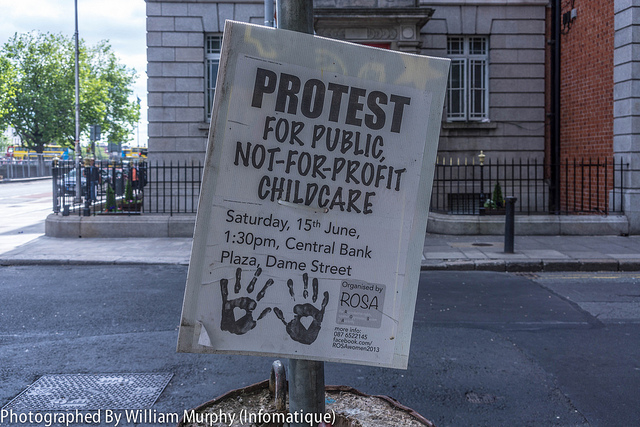So many of the debates on the contemporary left come back to the legacy of social democracy. The Swedish experience came closest to fulfilling social democratic ideals in the post-war era and so speaks to these debates in a unique way. Earlier this year, I talked to Petter Nilsson of Sweden’s Left Party about the legacy of social democracy in his country and its broader meaning. This was one of my favourite interviews of the year and one that stuck with me for a long time. I’ve transcribed it here for it to be shared more widely. It’s been edited for length and clarity.
Michal Rozworski: Sweden is still seen by many around the world as a model for the welfare state but it has changed dramatically over the past couple decades. Can you give a quick summary of what it means to look at Sweden, as you’ve put it, “without illusions”?
Petter Nilsson: There’s this joke on the Swedish left that everyone would want the Swedish model and the Swedes would want it perhaps more than anyone. What’s considered to be the Swedish model peaked in maybe the late 70s, early 80s and has since gone through quite the same developments as the rest of Europe with the neoliberal wave. Because Sweden started at a high level of wage compression and equality terms of gender, it is still very equal compared to other European countries. Yet, at the same time, we have the fastest growth in class differences within the OECD.
When the Social Democrats turned rightwards in 1986 or so, a lot of the developments that had taken place in other European countries came to Sweden in a few swift blows. In just a few years we had huge increases in class differences and this affected our universal welfare system. This system was always based on the high wage compression, which included the middle class in same welfare system as the rest. Its members felt that since the quality of welfare programs was so high, they were prepared to pay taxes to finance them. But as soon as financing for the welfare sector is cut, then quality drops and the middle class opts out for private solutions.
